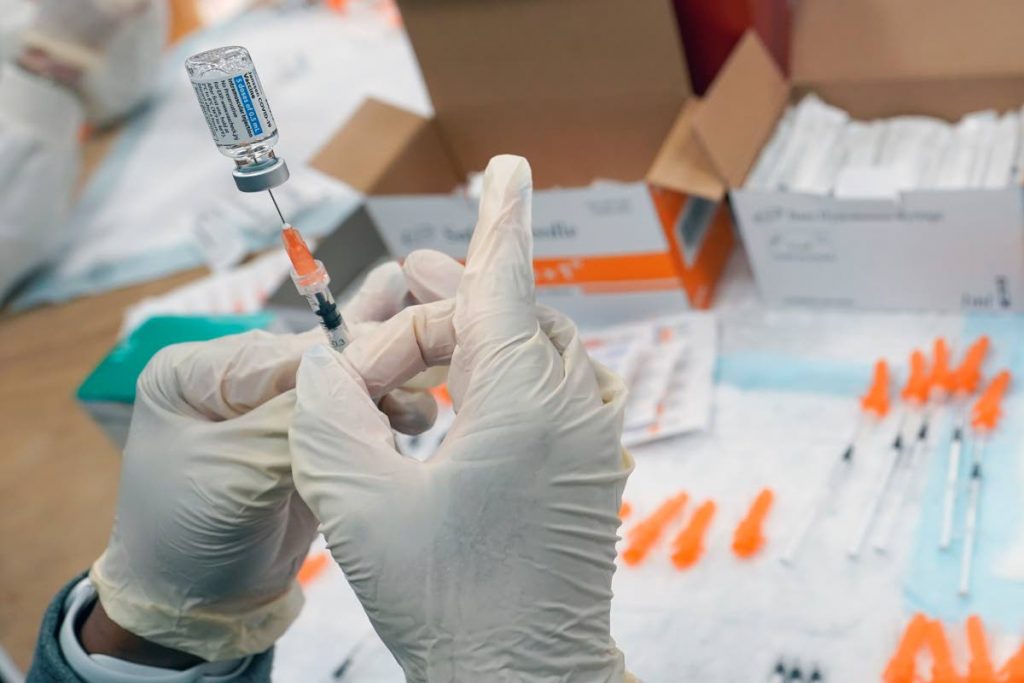PAHO adviser: In vaccine shortage, mandatory PCR tests could be unfair to employees

Pan American Health Organization (PAHO) public health adviser Dr Margherita Ghiselli said on Thursday if covid19 vaccines are not in sufficient supply, mandatory testing policies would create an “unduly burdensome, unfair demand on employees.”
Ghiselli was speaking during a webinar hosted by the International Organisation of Employers (IOE) on covid19 prevention and vaccination in the world of work.
The webinar was hosted in collaboration with the International Labour Organisation (ILO) Decent Work Team and the Office for the Caribbean and the Caribbean Employers’ Confederation (CEC).
Ghiselli also said the World Health Organization (WHO) does not have any recommendations on out-of-pocket testing costs for unvaccinated employees.
She defined mandatory vaccinations as compelling vaccination by direct or indirect threats of imposing restrictions in cases of non-compliance.
“This is a situation where people are obligated to receive a vaccine because of direct or indirect threats (which can) impact the quality of life of the person…otherwise people would just ignore them.”
She said because of these restrictions on the liberties of the public, mandatory vaccination policies must be balanced with the public health goals of the country and employers as well.
She said there are some considerations in addressing mandatory vaccinations, including employees’ refusal to take the vaccine in the absence of relevant legislation.
“Public education should be the focus of community engagement operations. Achieving public health goals with less restriction of individual liberty and autonomy yields a more favourable risk-benefit ratio.”
She said before considering vaccination mandates, policy-makers had a duty to carefully consider the effect this policy could have on public confidence and public trust, particularly on confidence in the scientific community and public trust in vaccination generally.
“There should be strict scientific and prudential limits to appeals for conscientious objection, especially when such accommodation might be used by individuals to ‘free-ride’ herd immunity or if they threaten another person’s right not to be infected with a virulent infectious disease.”
She said workers with direct contact with populations at high risk for covid19 may be considered for mandatory vaccinations because of their ethical obligation not to harm their clients.
However, she said it should be considered that policies that require vaccination as a condition of employment or privileges might have significant negative consequences for already overburdened systems.
“Governments and institutional policy-makers should use arguments to encourage voluntary vaccination against covid19 before contemplating mandatory vaccination.
“Efforts should be made to demonstrate the benefit and safety of vaccines for the greatest possible acceptance of vaccination.”
She said stricter regulatory measures should be considered only if these means are not successful.
“Transparency and step-wise decision-making by legitimate public health authorities should be fundamental elements of ethical analysis and decision-making about mandatory vaccination. Reasonable effort should be made to engage affected parties.”


Comments
"PAHO adviser: In vaccine shortage, mandatory PCR tests could be unfair to employees"